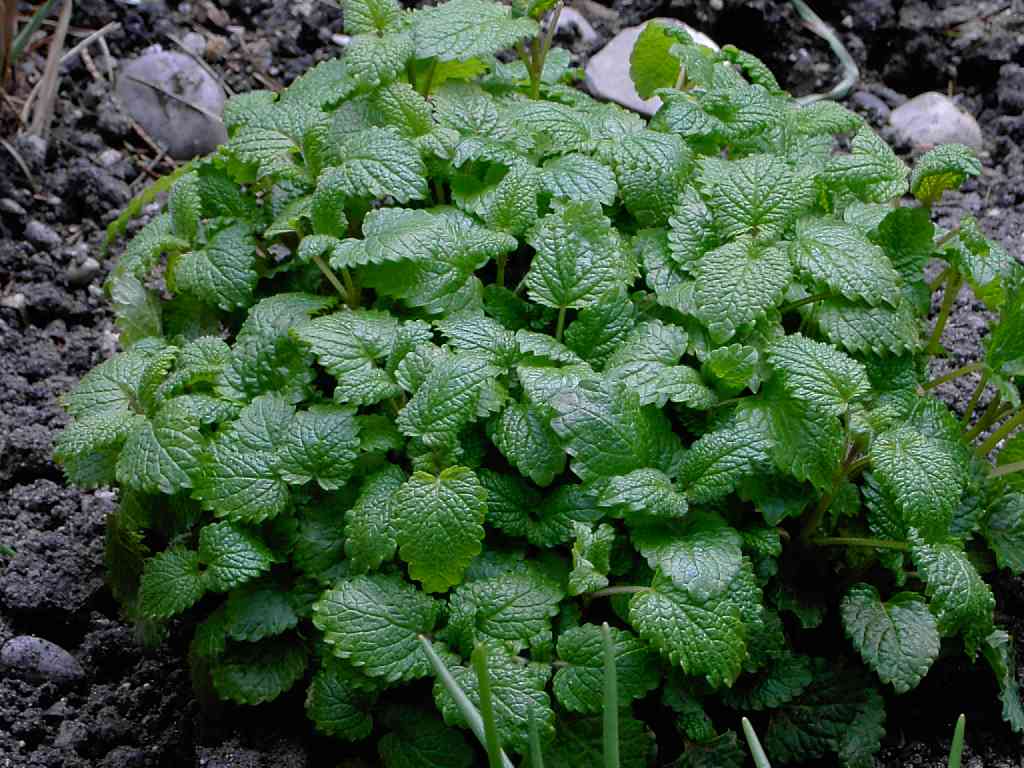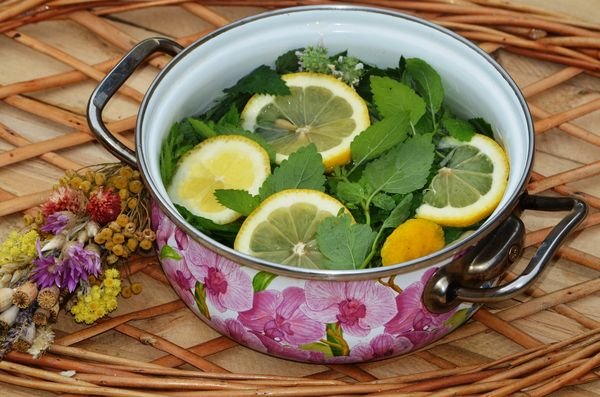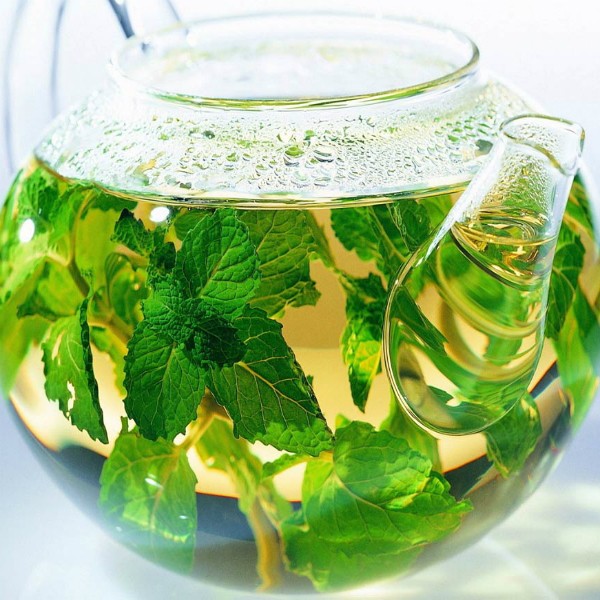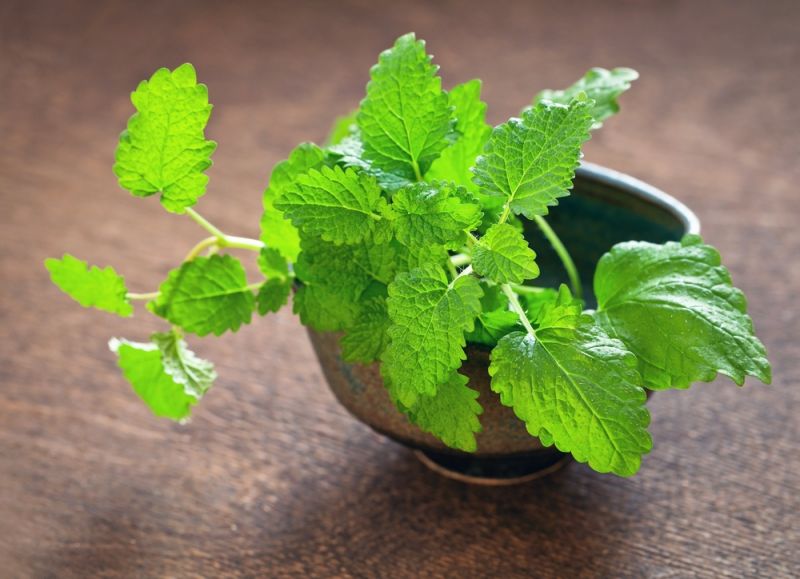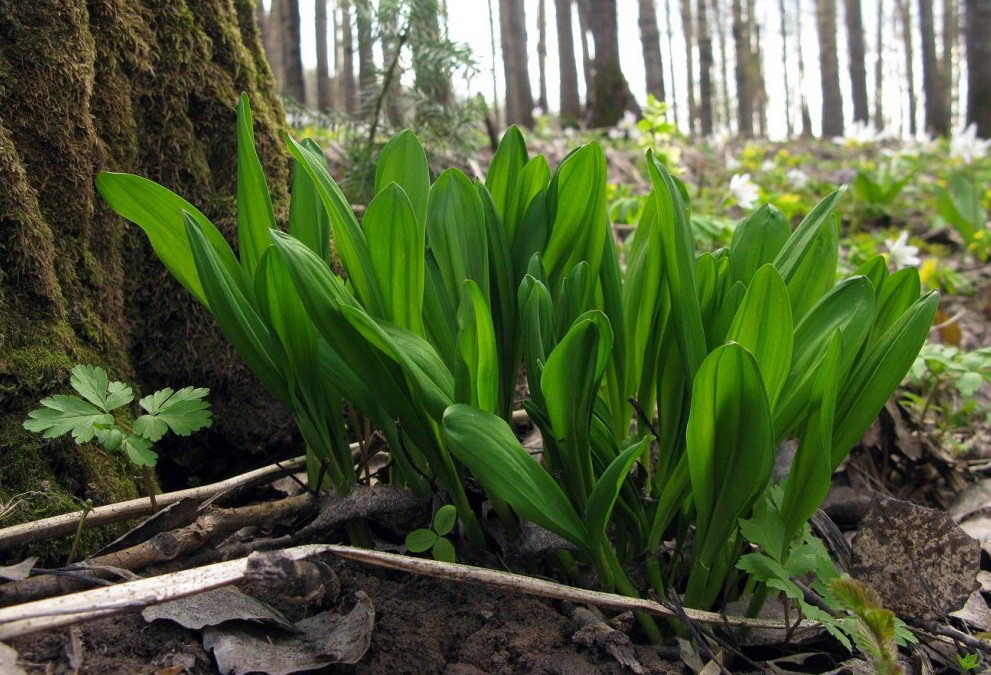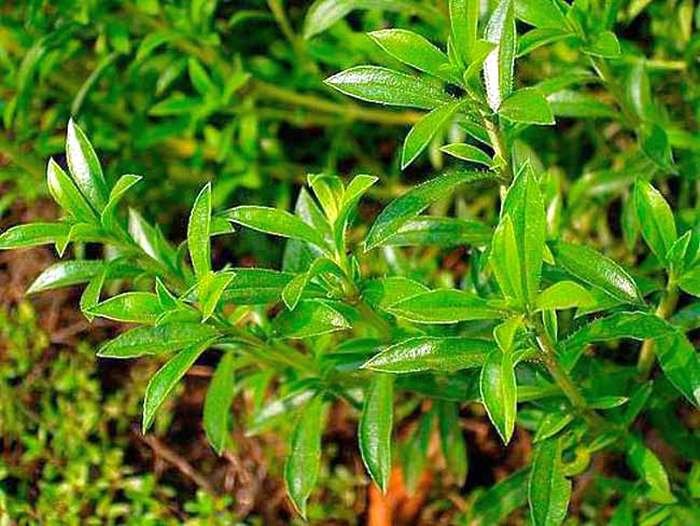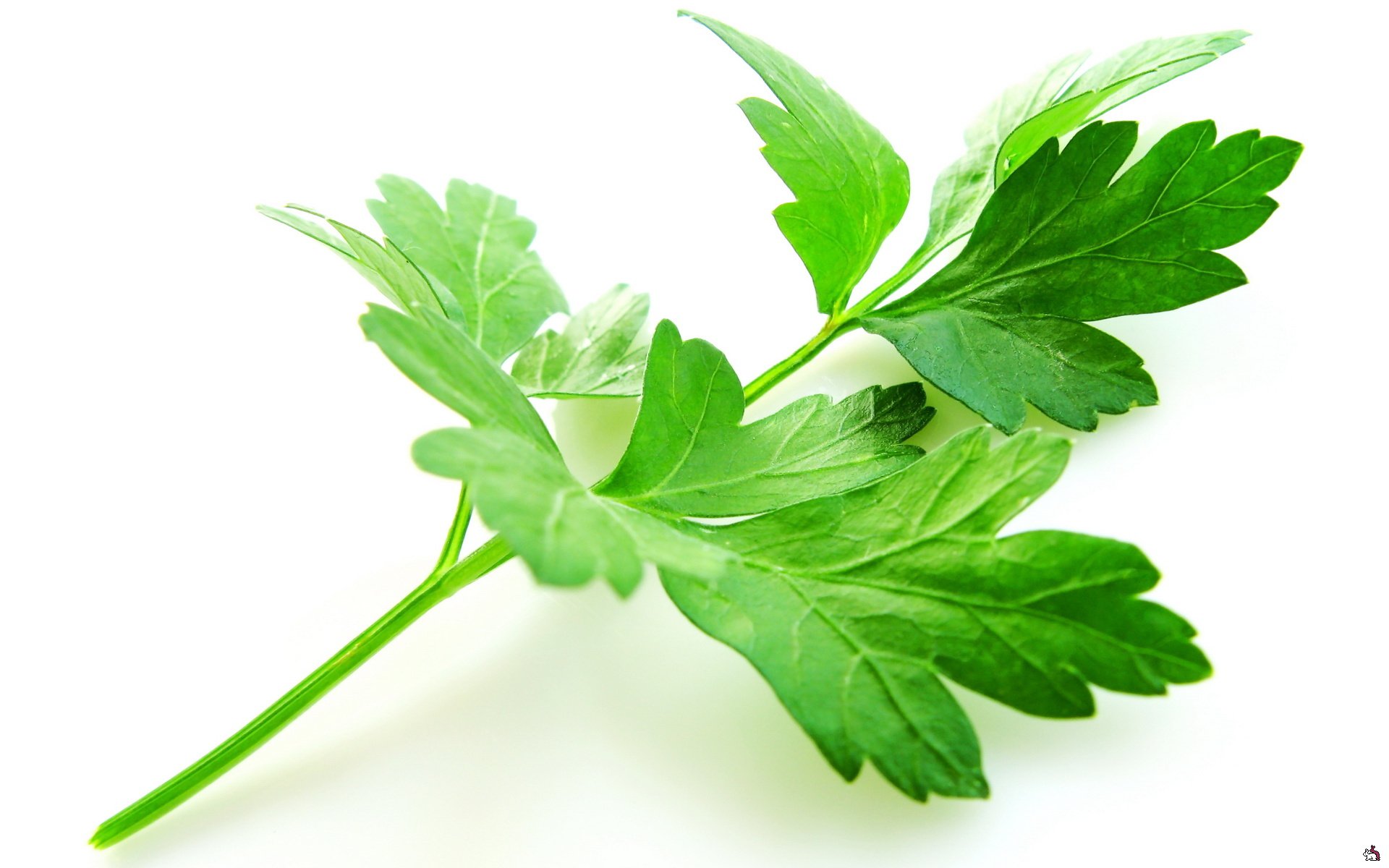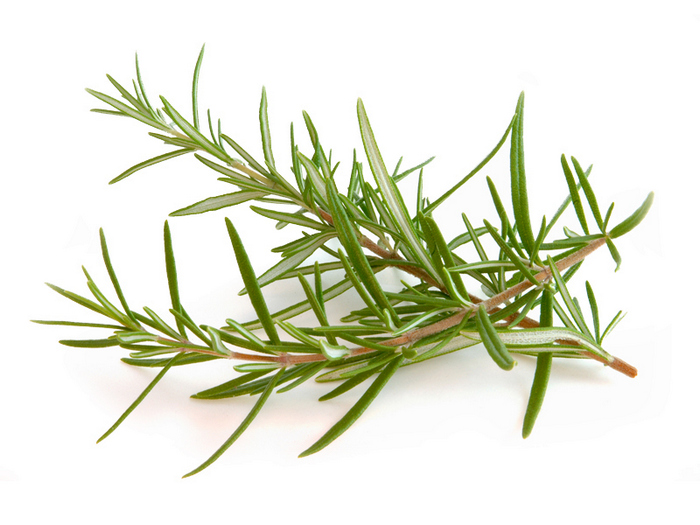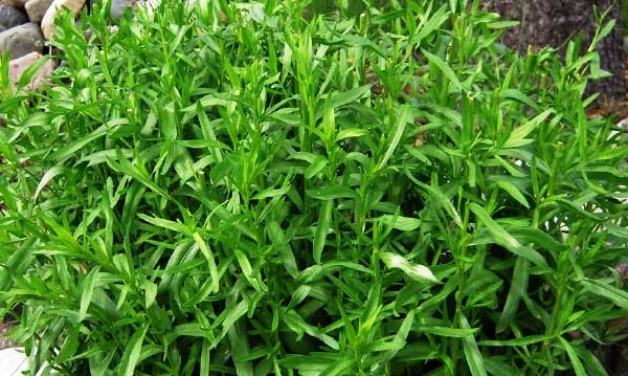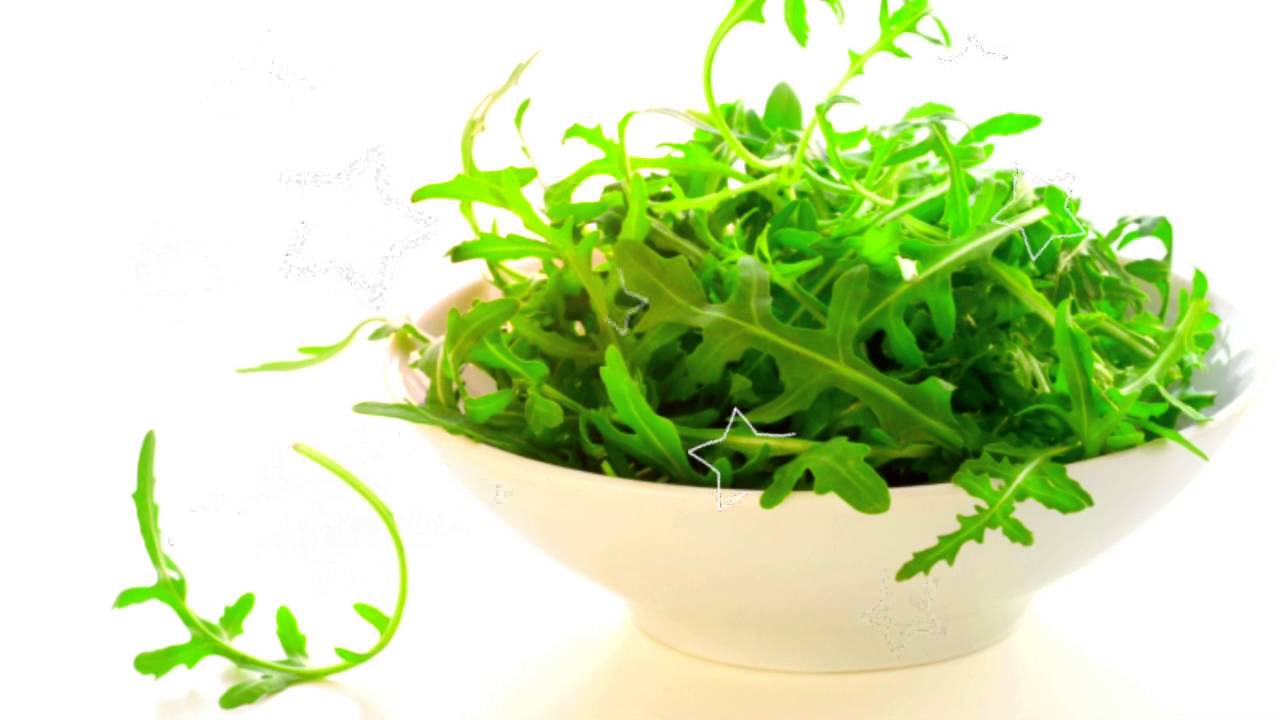Content:
Many different plants grow on the garden plots of Russians. These include medicinal lemon balm.
Description of culture
Melissa is a perennial plant with a pleasant aroma. The herb belongs to the Lamiaceae family and is native to many regions of Europe, Asia and North America. The cultivation of this culture is possible both in the garden area and on the balcony or windowsill. In some cases, the plant can be included in landscape design as greening and creating a certain atmosphere.
The use of lemon balm leaves is not limited to the preparation of fragrant herbal tea or seasoning for a particular dish. The medicinal potential of the herb is also highly valued.
Melissa herb is a perennial plant. She has a highly branched stem and root system. The shoot is characterized by a rectangular cut on the cut. Describing exactly what lemon balm looks like, one cannot fail to mention the fact that plant growth can vary from 60 cm to 1.2 m.
The leaves of the plant are embossed, bright green, oval or egg-shaped. The edges of the leaves are serrated, the end is somewhat elongated.
Fruit ripening begins on average after 30 days. The fruit of lemon balm is shaped like a nut with four seeds. The surface of the fruit is black and shiny. Seed germination is maintained for two to three years.
In the first year after planting in open ground, medicinal lemon balm, regardless of the variety, does not bloom if it is grown from seeds. It is recommended to harvest greens before flowering - at this time, the foliage is more tender, and it contains more nutrients.
Despite the general unpretentiousness, in good and favorable conditions, lemon balm grows especially well. It is recommended to choose loose and fertile soil for planting it. Ideally, if it is sandy loam or loamy soil. Do not plant bushes in close proximity to water - from excess moisture, the culture can rot, get sick and eventually die. The planting site should be sunny, so the lemon balm will grow more fragrant. With a lack of sunlight, the grass produces less essential oils in its leaves.
Lemon balm, as described, has a pronounced lemon aroma, which becomes especially bright when flowers begin to appear on the lemon balm.
Popular varieties
To date, only eight varieties of lemon balm are included in the State Register of the Russian Federation, which is fully adapted for planting in the climatic conditions of our country. Among them, the following varieties are most in demand among gardeners.
Lemon flavor
This variety is equally well suited for use both fresh and dried. The lifespan of the variety is about 5 years. From germination to the first cut, the plant takes about 40 days. The lemon scent has a dark green foliage. This lemon balm can grow up to 60 centimeters in height. The plant begins to bloom in June. But the main difference of the variety is its particularly strong lemon aroma.
Pure gold
The main feature of the Pure Gold variety is the original golden shade of the leaves. The lemon balm bush itself is rather compact and not too tall - up to 50 cm. This species blooms with white flowers, which over time begin to acquire a certain purple hue. Melissa Pure gold can be used fresh or harvested (dried) for the winter.
Dozya
Another popular lemon balm variety is Dozya. It is a perennial herb that can grow in the same place for four years without any problems. The height of the bush can be up to 80 cm. The leaves of the plant are half-raised, dark green in color, with denticles at the edges. The culture has small white flowers and lemon scent.
Melissa: beneficial properties and contraindications
Having figured out what the lemon balm herb is, and having learned what types of lemon balm are, it's time to figure out what the healing effect and benefits for the body can be from this plant.
Speaking about the properties of lemon balm, the first thing to mention is that its health-improving effect on the body is complex.
Melissa plant can help in the following cases:
- calm down;
- normalize sleep;
- increase resistance to stress;
- reduce pressure;
- activate the brain;
- strengthen immunity;
- act as an antispasmodic;
- remove toxins from the body;
- fight inflammation;
- eliminate allergic irritation;
- improve appetite;
- normalize hormonal balance in women.
Melissa, due to its medicinal properties, is widely used both in therapy and in the prevention of a number of diseases. Instructions on how to apply lemon balm herb are usually not required. The culture is added to tea, used to prepare infusions, broths, poultices, syrups and much more. Medicines containing lemon balm can be bought at many pharmacies. In this case, the indication for the reception of funds based on lemon balm can be any.
The useful product is also used in cosmetology, having a beneficial effect on the skin and hair. In general, cosmetic care using lemon balm allows you to achieve the following results:
- make the skin more elastic;
- effectively prevent hair loss;
- cope with skin flaking and inflammation;
- get rid of acne and rashes;
- give hair a healthy shine;
- saturate the skin with nutrients.
We should not forget about the elementary nutritional value of the plant. Many housewives use the herb to preserve cucumbers, tomatoes and other vegetables, add them to desserts, refreshing drinks and tea.
Considering the above, it is usually not worth it to plant a medicinal product in your garden or not. Melissa herb, due to its properties, is a real panacea for all diseases, and just a product, the addition of which to a drink or dish, gives indescribable freshness. In addition, minimal plant maintenance is required.
But do not forget that in some cases lemon balm can be harmful. A short list of contraindications is as follows:
- individual intolerance (main contraindication);
- epileptic seizures;
- hypotension;
- stomach ulcer and gastritis in the degree of exacerbation;
- liver failure;
- pregnancy in the last trimester.
In other cases, lemon balm continues to be an incredibly useful product that generously gives our body peace of mind and physical health.
Diseases and pests
It is generally accepted that lemon balm is practically not susceptible to pests and various kinds of diseases. But if the planting gets sick, most often we are talking about septoria or rust. Both pathologies are treated by treatment with fungicides (primarily with the Bordeaux mixture). As a rule, the seed is not additionally etched before planting - this is completely unnecessary. In addition to fungicides, cutting off the affected areas of the plant is an effective way to fight diseases.
Not many people know, but septoria has a unique opportunity - it can persist in the soil for quite a long time. And in the event that a plant is re-infected, it must be burned without fail, and the area on which it grew must be carefully treated with strong fungicides.
As for the harmful insects that lemon balm may be interested in, their number is not so large. The mint leaf beetle can cause the greatest harm. This parasite, as the name suggests, feeds on lemon balm and mint leaves. The beetle has a green color, similar to the color of foliage, so it is not too easy to spot it.
To get rid of the parasite, it is required to destroy wild-growing specimens of lemon balm and mint, and to treat the breeding sites of insects with any insecticide.
You may not know if lemon balm is an annual or perennial plant, but you can be sure that planting it in your garden or dacha will be the right decision. The easiest way to grow grass is from seeds, they can be purchased at any specialty store for gardeners and gardeners.
